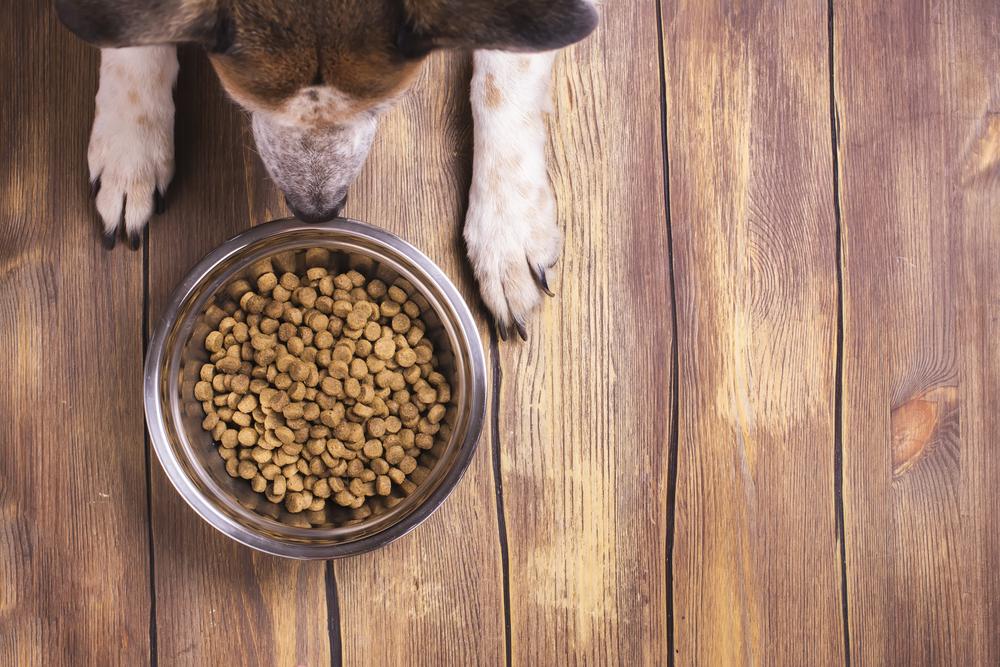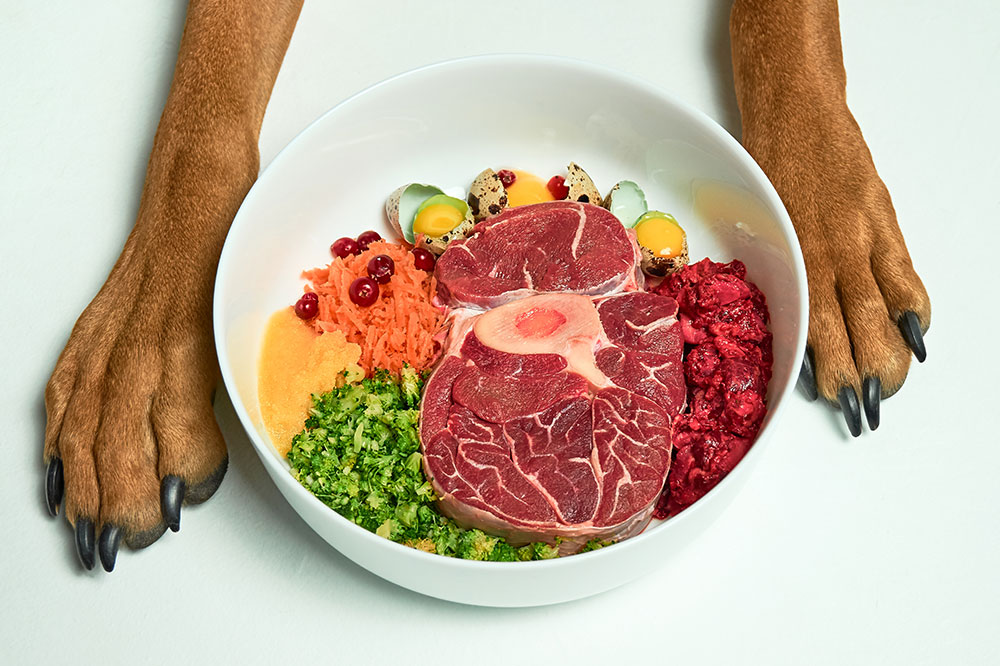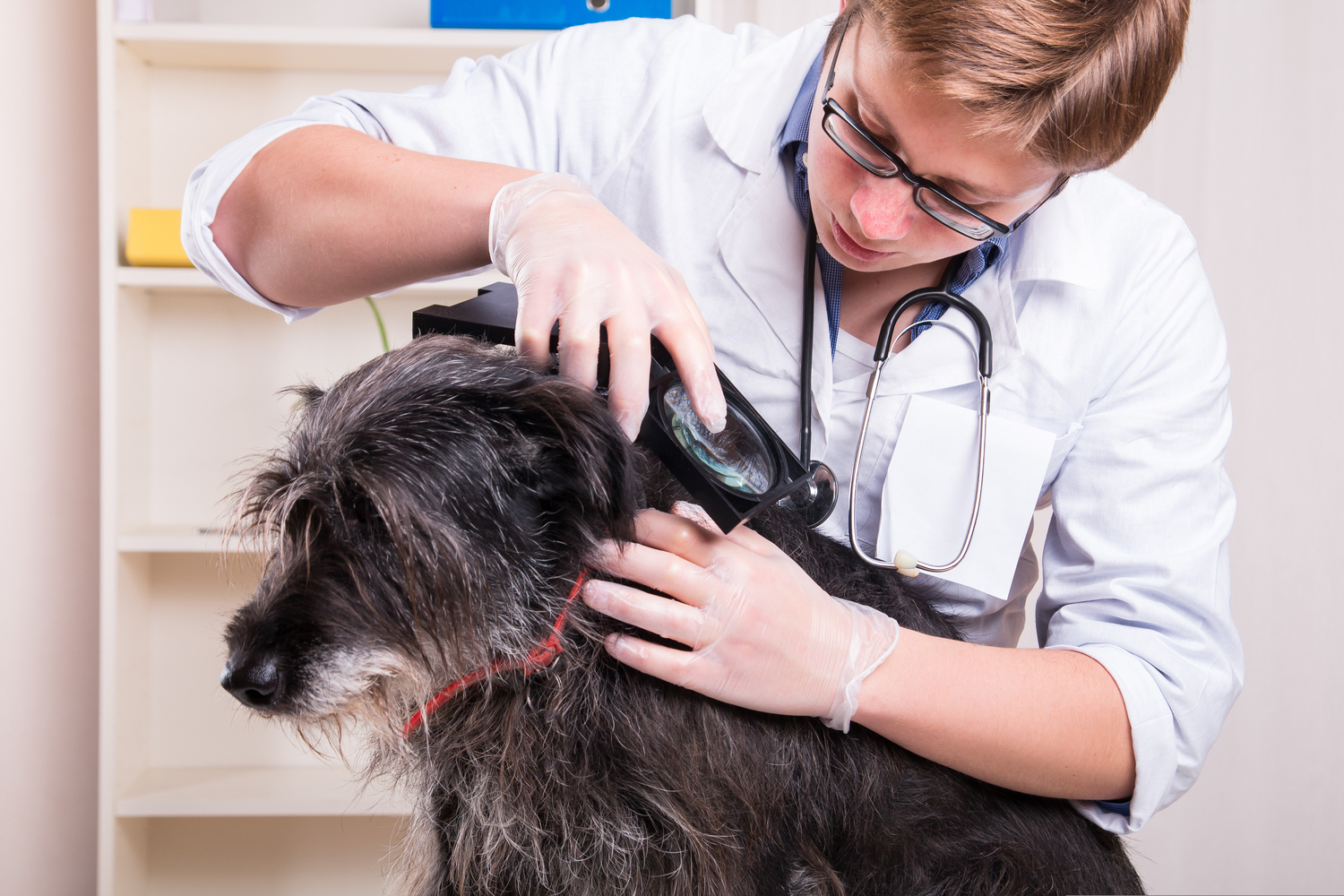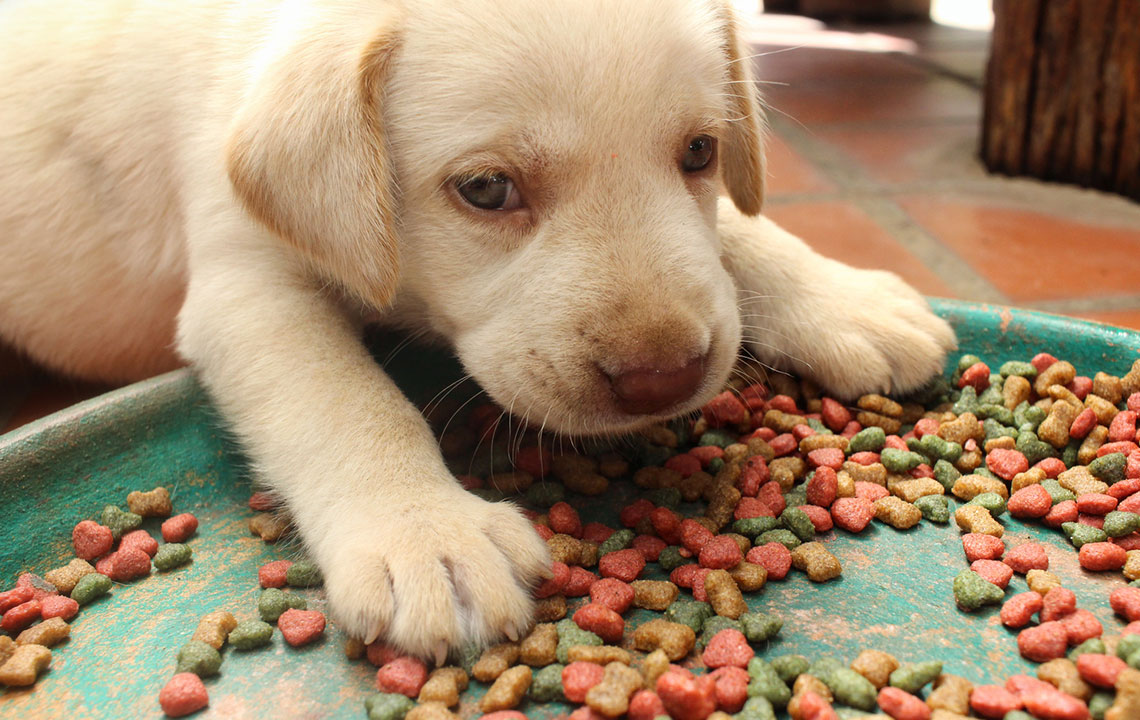Comprehensive Guide to Choosing the Ideal Dog Nutrition Plan for Your Pet
This comprehensive guide offers essential tips for selecting the perfect nutrition plan for your dog. It covers understanding dietary needs, types of dog food, feeding guidelines, storage safety, and key ingredients to ensure your furry friend stays healthy and happy. Learn how to make informed choices tailored to your dog's unique requirements, promoting their longevity and wellbeing through proper nutrition.

Comprehensive Guide to Choosing the Ideal Dog Nutrition Plan for Your Pet
Dogs have long been cherished as loyal and affectionate companions, earning their place as beloved members of countless households around the world. Their unwavering loyalty and playful nature have made them more than pets; they’re considered part of the family. This deep bond between humans and dogs underscores the importance of providing them with proper care, especially when it comes to their nutrition. Ensuring your canine companion receives the right diet is fundamental to their health, longevity, and overall wellbeing.
Over the years, extensive scientific research has highlighted the profound relationship between humans and dogs. Many pet owners go beyond basic feeding routines, nurturing their dogs with love, attention, and high-quality nutrition. They understand that a well-balanced diet not only sustains life but also enhances a dog’s quality of life, energy levels, and resilience against diseases.
Selecting the appropriate dog food is a critical decision that every responsible pet owner must make. Just like caring for children, choosing the right nutrition involves understanding your dog’s specific needs, preferences, and health conditions. Whether you’re a first-time dog owner or have multiple pets, gaining a comprehensive understanding of canine nutrition helps ensure you provide optimal care. This detailed guide aims to equip you with the necessary knowledge to select a nutrition plan that promotes your dog’s vitality, happiness, and health.
Understanding Your Dog’s Dietary Needs
Dogs are primarily carnivores, evolved to thrive on meat-based diets. Their sharp teeth and digestive systems are optimized for consuming animal protein. While domestication has introduced dogs to a variety of foods derived from human leftovers, their core nutritional needs remain centered around high-quality protein sources, fats, and certain nutrients that foster growth and health.
It is essential to recognize that different breeds, ages, and health statuses require tailored nutritional approaches. Puppies, adult dogs, and senior dogs all have varying dietary needs; therefore, selecting a diet that suits your pet’s life stage and health conditions is vital for their development and longevity.
Categories and Types of Dog Food
Understanding the various types of dog food available on the market helps you make an informed choice aligned with your pet’s needs and your lifestyle. The main categories include:
Dry Dog Food (Kibble)
This is one of the most common and widely available dog foods. Dehydrated and with low moisture content, dry dog food offers convenience, ease of storage, and cost-effectiveness. It also helps maintain dental health by reducing plaque buildup when used appropriately.
Wet Dog Food (Canned)
Produced with higher moisture content, wet food is often preferred for dogs with dental issues or those needing additional hydration. Richer in proteins, fats, and fiber, canned food can be more palatable and appealing to picky eaters.
Raw Diet (BARF and Freeze-Dried Food)
Raw feeding involves offering unprocessed, natural food options, including raw meats, bones, fruits, and vegetables. Advocates claim it mirrors the dog’s natural diet, potentially improving coat health, digestion, and energy levels. However, raw diets require strict handling and veterinary supervision to ensure nutritional balance and safety.
Choosing the most suitable type of food depends heavily on your dog’s health profile, preference, and your ability to provide proper storage and handling.
Feeding Advice and Guidelines
To optimize your dog’s nutrition, consulting your veterinarian is highly recommended. Veterinarians can assess your dog’s age, breed, weight, lifestyle, and health conditions to tailor feeding recommendations. On top of professional advice, engaging with experienced dog owners provides practical insights and shared experiences.
Here are some general guidelines:
Feed your dog the quantity recommended based on their weight and activity level.
Split daily portions into multiple small meals to aid digestion and prevent bloating.
Adjust portions as your dog grows or as health needs change.
Proper Storage and Food Safety
Ensuring your dog’s food remains fresh and safe is critical. Always check manufacturing and expiration dates before purchase. Store dry food in airtight containers in a cool, dry place to prevent spoilage, mold, and pests. For canned foods, keep them refrigerated after opening and discard any leftovers after a few days.
Food contamination can lead to severe health issues, including bacterial infections such as salmonella or bacterial toxins that cause illness. Be vigilant against common contaminants and avoid feeding your pet anything that could be hazardous.
Key Ingredients for Nutritional Balance
Your dog’s diet should encompass a well-rounded mix of proteins, fats, fibers, vitamins, and minerals. Look for high-quality ingredients that support their immune system, coat health, and energy requirements. Specific nutrients like Omega-3 and Omega-6 fatty acids contribute to healthy skin and shiny coat, while balanced minerals support bone health.
Opt for reputable brands that rigorously test their products for safety and allergen presence. Reading product labels carefully helps you select food that meets your dog’s dietary demands without compromising their health.
Final Thoughts
Choosing the right dog nutrition plan is a pivotal part of responsible pet ownership. It requires understanding your dog’s unique needs, preferences, and health considerations. Invest time in research, consult with veterinary professionals, and stay informed of new developments in canine nutrition. Providing your dog with a balanced, nutritious diet not only enhances their quality of life but also fosters a stronger bond between you and your furry friend. Remember, a healthy dog is a happy dog, and proper nutrition is the foundation to achieving both.





